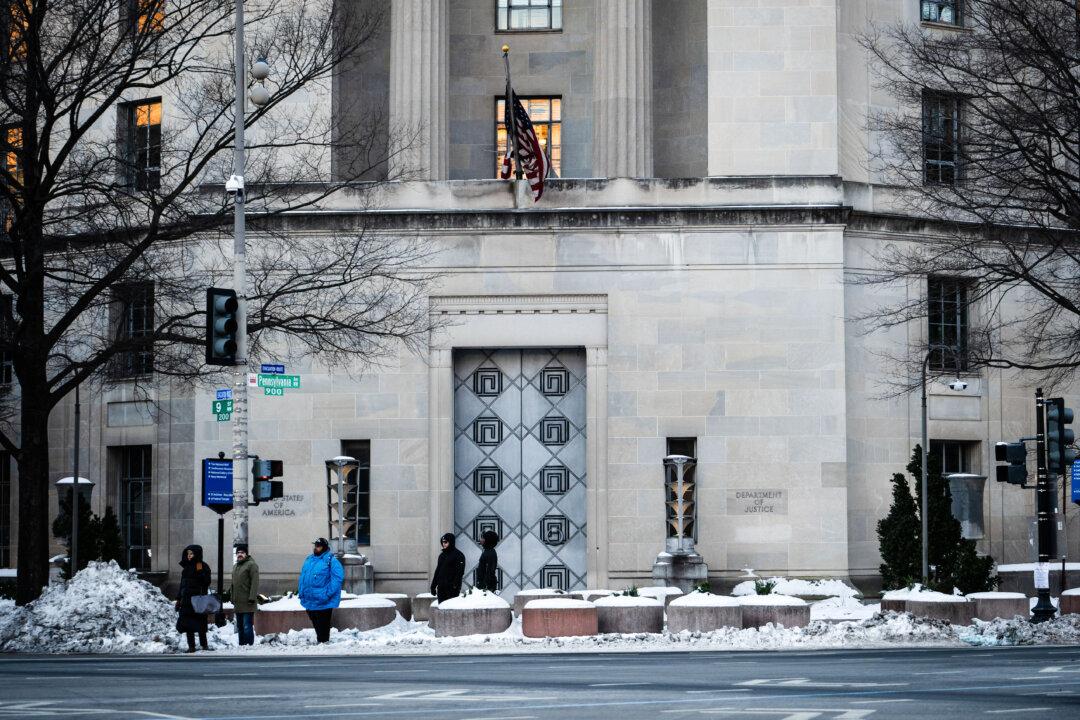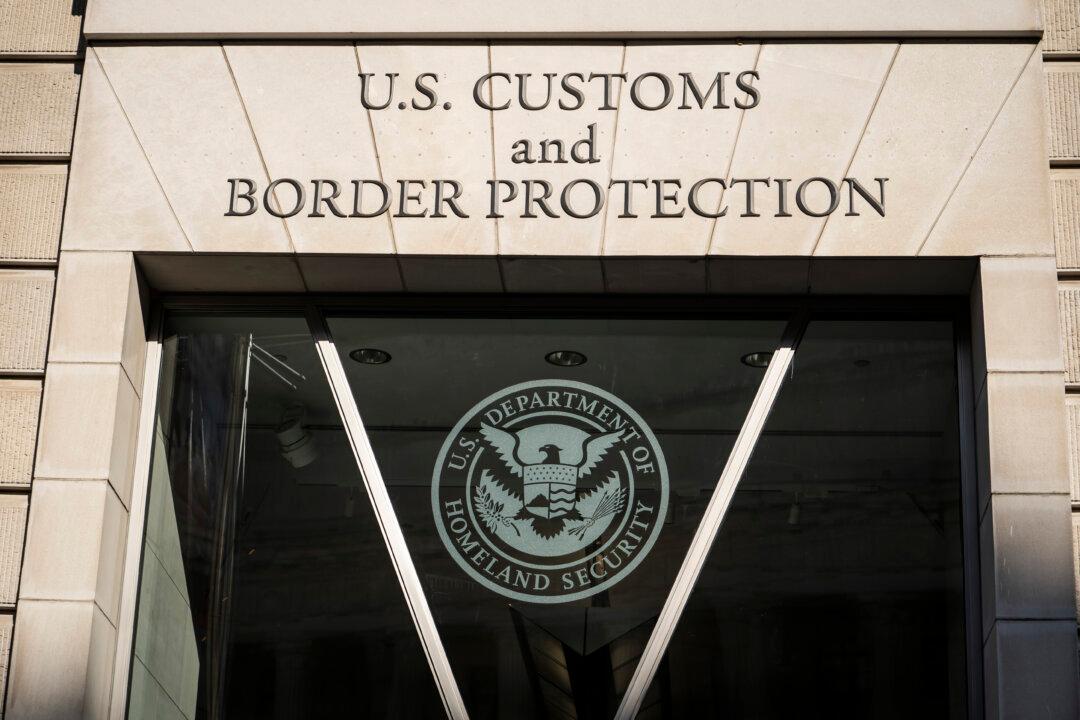U.S. Rep. Jim Banks (R-Ind.) introduced a new bill aimed at warning Americans about national security threats posed by certain mobile apps, including Chinese video-sharing app TikTok.
“Some phone apps are fun and useful, others are counterintelligence threats. Americans should know which is which before they hit the download button,” Banks said.
He added: “Parents and consumers have a right to a warning that by downloading some apps like Russia’s FaceApp or China’s TikTok, their data may be used against the United States by an adversarial or enemy regime.”
Countries that are considered a threat to U.S. national security include China, Iran, North Korea, Russia, Sudan, Syria, and Venezuela, according to the press release.
Banks pointed out that China’s national intelligence law, which went into effect in 2017, allows Beijing access to all data stored within its national borders, including “data harvested from TikTok hosted on Chinese servers.”
The warning will read: ‘‘Warning: [Name of Covered Foreign Software] is developed by [Name of Developer of Covered Foreign Software], which [is controlled by a company that] [is organized under the laws of]/[conducts its principal operations in]/[is organized under the laws of and conducts its principal operations in] [Name of Covered Country]. Please acknowledge by selecting the “accept” or “decline” button below if you wish to proceed,” according to the press release.
To make the warning stand out, it will be separate from any other embedded terms and conditions and have its own acknowledgment notification.
TikTok, known as “Douyin” in China, was launched by Chinese tech company ByteDance in 2016.
There have been other legislation aimed at addressing TikTok’s threats.





